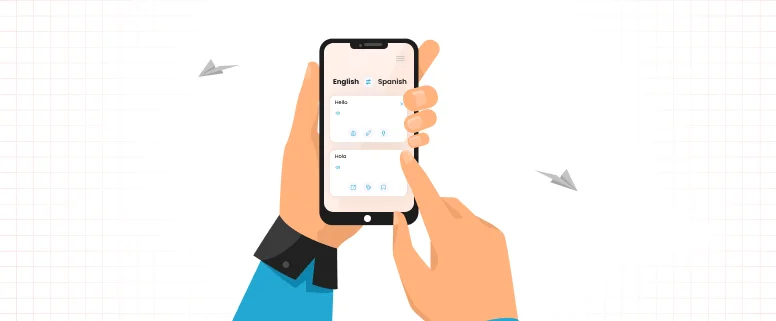Euphemisms are useful for getting around situations where things are not generally directl mentioned. Menstruation is considered a delicate topic in many cultures, and so many euphemisms have evolved to refer to it in a polite way, including “period”, “be unlucky”, “red comes”.
Pregnancy is also often talked around, including “She has it”, “She has something happy”, or “She is going to be a mother”. When going to the toilet, people might say “relieving nature”, “going to do a No 1”, “going to wash my hands”, or merely “Please excuse me for a while”.
In former times, people were even more circumspect, saying “changing clothes”. Euphemisms are also used for some physical disabilities, including “hard of hearing” for deafness, or “has difficulty walking” for “lameness”.
Read Also: Isimplifiedchinese. com founder Sjors visits CCJK
Euphemisms are also used in social, political and economic terms. In English, developing nation is used to describe a poor nation. A tax increase becomes revenue enhancement. Second-hand cars are known as pre-owned cars…
In Chinese, a fired employee is said to be “laid-off”. Unemployed people are said to be “waiting to be employed”. When discussing juvenile delinquency, a young person is not said to have committed a crime, but said to have “lost his/her way”. Price rises are said to be price “adjustments” and overprice goods are said to be “negotiable”.
Are you looking for Chinese Translation? We are here for your assistance.
Take a look at how we helped our client by localizing their project for Chinese language. Click here to read the complete case study








